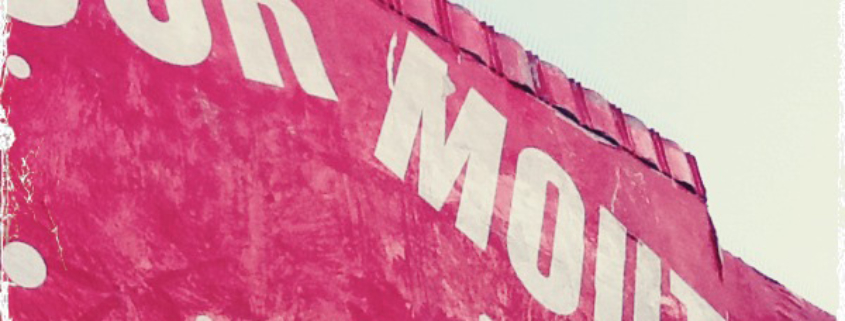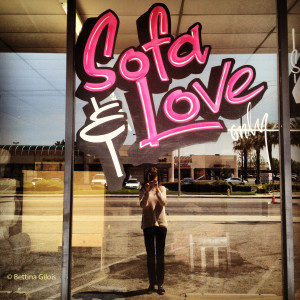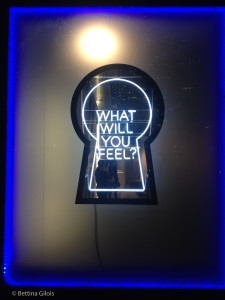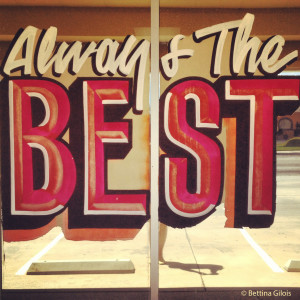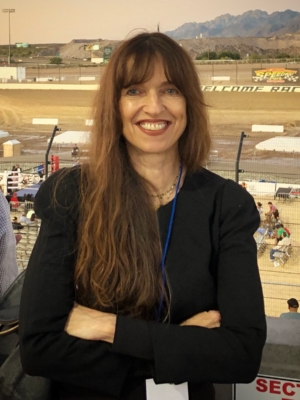Writing: The Toolbox
Writing for twenty-five years for a living, I have always written for the reader, for the audience, the assignment, the producer, the director, the co-author, the publisher, the agent, and—as is the case with most writing for hire—almost never for myself. For twenty-five years I have faced those who have paid for my writing services with one question: “Who do you want me to be?” and never asked, “Who am I?”
Writing personal essays in the Antioch MFA Creative Nonfiction program, in addition to my ordinary deadlines of scripts, proposals, treatments, and books, has forced me to face that mirror I usually throw up to others. Revealing my identity is like blowing my cover and imperiling my security clearance. It’s like stepping into the sunlight after years in Plato’s Cave. See how bright the sun really is? Out in the light, I squint, I cringe at my pallor; at a loss, facing a gaping audience, asking me, “Who are you?”
Generally, when I find myself in unfamiliar territory, I do have one advantage: I reach into my toolbox for the tools I have collected over time. These tools have remained the same for over twenty years and they have gotten me through when the going gets ugly. And it always gets ugly.
These are some of my tools of the craft:
1. Forget Needing to Know
I have faced every writing assignment, whether self-imposed or professional, with the same question every time. How will I write this? What on earth will I say? Only after years of asking the same anxious question have I learned not to worry. I don’t have to know. I will figure it out when I get there. I won’t know before I sit down. I won’t know before I think it. I won’t know before I research, before I dream, before I see it, before I start talking to myself and it starts talking to me. That’s when the work truly sparks and animates on its own. I have learned to trust in the internal voice, the dream state, the secret spirit, the program that runs in the background of our daily life, quietly saving information. When it is called to action, it delivers.
I may know nothing about “hockey,” but I know that by the end of a writing project on the subject, I will know everything about hockey. And then I’ll forget it all again, but it’s what we do as writers. We take in life. Run it through our processors. And put it back out, organized into sense and meaning.
2. Remember the Reader
For a word to have meaning, it must be read. For a book, a play, an essay to change the fabric of the world, it must be read, and it must want to be read. I spent my early years as a reader of scripts, and after a year of reading the fledgling attempts of inexperienced writers, I came to resent, even hate, every word, every page, every shortcut, every “good enough” effort, which was never good enough. Couldn’t the writer have worked a little harder to grab me from the first line? Have tried a bit more to make this description clear, engaging, and vivid? Couldn’t the writer have bothered to research this a little further? Tried to make the reading a pleasure? To dazzle me, even?
Billy Wilder once said that he had Ten Commandments, and the first nine are “Thou Shalt Not Bore”.
I believe, if you write, you write for a reader. Your meaning doesn’t enter the electric universe until decoded in the mind of another. So make your words count. Make them sing. If you write only to please your own artistic sensibilities, you are missing out on the most magical part of the process: the interaction of your words with the emotions and intellect of a reader. I’ve known enough writers and friends who spent years toiling at their writing, only to put it away in a desk drawer, satisfied with their artistic expression. Untested and unengaged, they’d rather choose to leave their work unedited than approach their writing from a reader’s point of view. You’re certainly free to do that. Ideally, pleasing the reader begins with pleasing yourself. But I say it isn’t truly written until it’s read. So remember the reader, and be kind.
3. The Blink
People make decisions in the time it takes to blink an eye. Intuitive judgment happens without our knowing, before it has a chance to reach the processing part of the brain. Malcolm Gladwell discusses this at length in his book Blink.
Your first line is as important as your entire work. Any reader, whether positively inclined, cynical (as I became in those script-reading days), or critical (as any publisher or agent will be), will most likely decide whether they like your writing upon reading your first line. First line, and first page. I spend as much time writing and crafting the first page of my work as I do the working on the dozens of pages that follow. This also applies to the first line of dialogue in a screenplay. The first page of your novel, essay, screenplay, or short story must be perfect, or you’re toast.
Ideally, the first line of any work is not only fresh, engaging, surprising, and compelling, it also evokes the essence of the entire work. It can be subtle, hidden, implied, and only come across by hint. But the opening line of your work should hold within it the germ of your entire idea. Data analysis has determined that a YouTube video only has six seconds to grab and retain the attention of a viewer. Our world is moving ever faster. Attention spans are growing ever shorter. Grab your reader while you can.
I will share more of the technique and habits and rules of writing that have worked for me in upcoming blogs. In the meantime, take from this whatever you like and just remember a few things: Don’t worry. Start and you’ll find the story. Grab the reader with the first line. Work hard to earn their attention. Your reader should be treated kindly for making the effort to read your words. Good enough is never good enough.
All images courtesy of Bettina Gilois
Bettina Gilois is a Los Angeles based writer whose screen credits include the Bruckheimer film “Glory Road,” for which she was nominated for the Humanitas Prize, as well as “McFarland, USA” starring Kevin Costner, and the HBO movie “Bessie” starring Queen Latifah for which she received an Emmy Nomination for Outstanding Writing. Her book, “Billion Dollar Painter” for Weinstein Books, came out in 2014. She is a special contributor for the Huffington Post in Arts and Culture, and has been a professor of screenwriting at Chapman University, St. John’s College Film Institute in Santa Fe, and now Hofstra University’s Herbert Lawrence School of Communications in NY.

